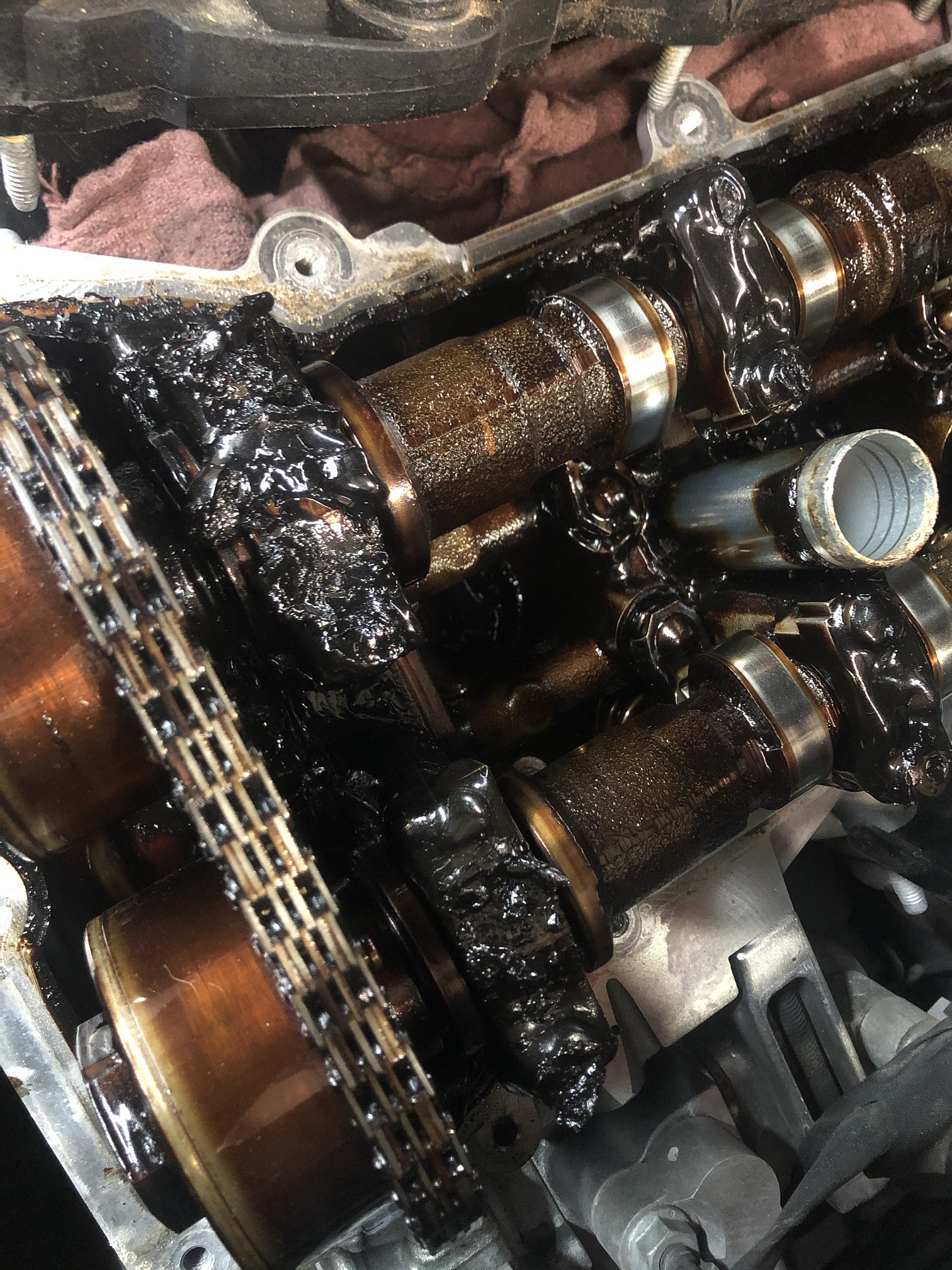
Why the Frequency of Your Oil Changes Matters
February 12, 2020 12:07 amThe general rule for oil changes used to be that you should get your oil changed every three months or every 3,000 miles, whichever came first. However, upgrades in oil technology have changed this standard significantly. Today, a combination of upgrades to engines as well as the proliferation of more efficient synthetic oil will allow some vehicles to go 7,000 miles or more without getting an oil change. Of course, you should always check your owner’s manual for specific guidelines for your vehicle.
While there have been some changes to the frequency with which you need to change your oil, it is still extremely important that you abide by the recommendations in place for your vehicle. It can be natural to want to avoid going to the mechanic and paying for an oil change, or to want to avoid the inconvenience of changing the oil yourself. However, staying on schedule with oil changes is crucial in keeping your vehicle in good operational condition for years to come, preventing some major expensive repairs that would be unnecessary for people who follow a good maintenance schedule.
Here’s some information about why getting frequent oil changes is so important.
Your vehicle’s lifeblood
If the engine is the heart of your vehicle, the oil is the blood. It keeps the various components of the engine working properly and efficiently and cuts down on the amount of carbon and contaminants that enter the engine. The combustion process in a vehicle can result in an engine getting extremely hot, but oil helps avoid overheating by pulling the heat away from the combustion chamber.
As the oil collects this heat, plus the carbons and varnish that might collect on the engine, it will eventually start to thicken and become more of a sludge or a paste than a liquid. This will happen no matter what quality of oil you’re dealing with—all oil degrades eventually, and once it gets to a certain degradation point, you need to get it changed to make sure you’re able to continue operating your engine safely and efficiently.
With regard to the kind of oil you should use in your vehicle, this really depends on the kind of vehicle you have, how often you drive and your own personal preference. Do you put a lot of miles on your vehicle in a relatively short amount of time? Do you frequently drive in extreme weather? Do you ever tow trailers or other heavy objects behind your vehicle? These are all questions you should consider as you make your oil selection. Based on your answers to some of these questions, an auto technician can help you select a type of oil that best meets your needs.
A failure to keep on top of your oil changes will result in the oil getting thicker and thicker to the point where eventually it could clog your engine and damage some key components, prompting massive repair costs.
For more information about why frequent oil changes matter, contact Rivergate Muffler & Auto Repair or visit our auto repair shop in Madison, TN today.
Categorised in: Oil Changes
This post was written by Writer

Comments are closed here.